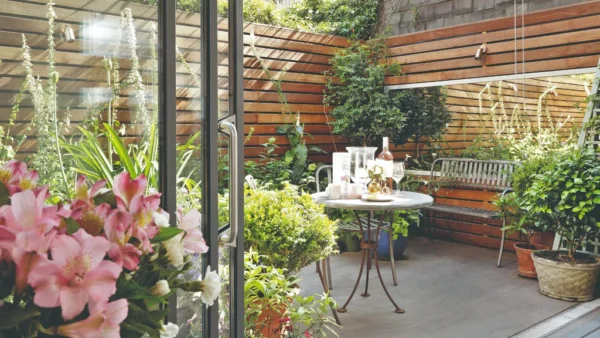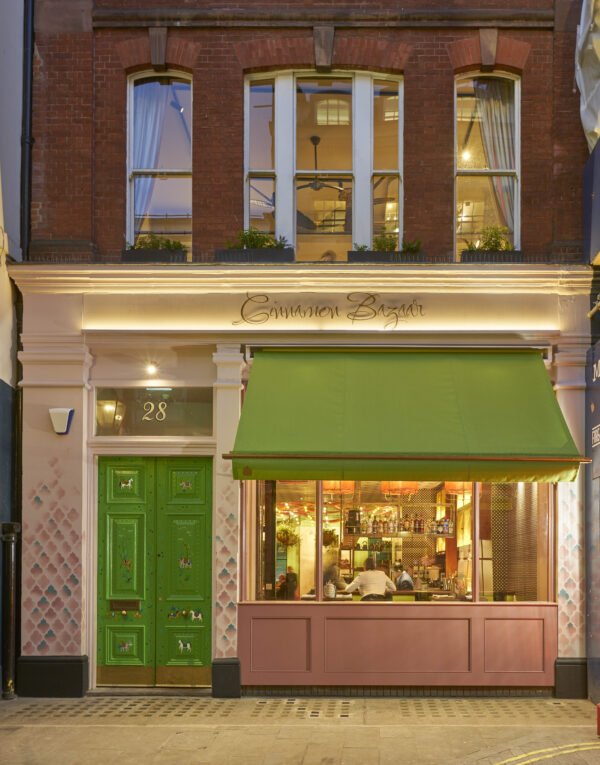
Save Your Money, and Never Spend More Than £10 on Supermarket Wine

Buying wine in a supermarket can get confusing. With the sheer number of different grapes and regions where the wine is made, it can be daunting trying to find a wine that tastes nice, but isn’t too expensive. One of the most common misconceptions about wine is that the older and more expensive it is, the better quality it will be. However, this isn’t necessarily true when it comes to buying table wine from a supermarket, and here we’ll explain the reasons why.
“Vintage” wine does not necessarily mean better wine
When it comes to describing wine, vintage is a word that gets thrown around a lot. While you may think a “vintage wine” simply means that it’s old, the word actually refers to the year it was produced, or the age of the wine, no matter how old it is. An older wine won’t always be more expensive, nor worthy of a higher cost. According to fine wine specialists The London Wine Cellar, “older wine is not always more valuable” and the growing conditions of the grapes have a much larger impact on the finished bottle of wine than how long it’s been allowed to age.
In fact, most wines produced around the world are bottled with the intention to be drunk within the year of purchasing, and shouldn’t be aged at all. Only about 1% of wines are meant to be aged, which is probably why it’s considered to be a big deal to drink an aged wine. The remaining wine is bottled and ready to be drunk as soon as possible, so taking note of the year won’t actually make much of a difference to the taste.
£10 is the sweet spot for a good quality wine
According to former Waitrose boss Mark Price, the tax you pay on a bottle of wine—£2.16 of excise duty—in the UK is the same on every bottle, regardless of the price of the wine. The cost of the glass and transport will be roughly the same on every bottle, so a bottle of wine that retails at £5 contains wine that’s only worth between 47p and 50p. By doubling up to a bottle of wine for £10 means that the quality of the wine is worth around £3, so you’re paying double the price for a wine that’s 6 times the quality. However, the sliding scale of a wine’s value can enter rip-off territory as bottles get more expensive. For a bottle that costs around £20, the cost of the wine is around £8, so while it is a slightly better quality, you’re paying much more for it. Considering many bottles of wine range from between £4 and £8, you don’t need to spend any more than a tenner on a good bottle of wine that you can enjoy with a meal.
Wines that cost more than £15 tend to price based on the vineyard or chateau where they were produced. More prestigious vineyards rely on their reputation to sell bottles, such as with old world wines. These include regions around Europe where wine has been produced for thousands of years, such as Bordeaux, Burgundy, Barolo, and Brunello. However, new world wines—from regions in America, Africa and New Zealand—are produced outside of these traditional wine-producing parts of the world, and don’t rely on their reputation to sell bottles.
Boxed wine simply cuts on shipping costs

While many people may turn their noses up at cask—or bag-in-box—wine, the truth is that the reason it’s much cheaper is that it cuts on the shipping costs to transport full, glass bottles of wine. Instead, the wine is held in the “bladders” (also known as “goons” or “goon sacks”) inside the cardboard boxes, which can easily hold at least 3 litres of wine. This gives you way more bang for your buck in terms of the quantity of wine, and doesn’t cut back on the quality. In fact, boxed wine can be better, as the bag keeps the wine stable for a few days after your first glass, thanks to the minimal amount of oxygen and sunlight it’s subjected to.
Now, boxed wine is enjoying a resurgence as more companies are choosing to package their wines in bags, allowing consumers to enjoy the benefits that come with it. For much less money, you can enjoy a good quality wine, which won’t spoil once it’s been opened, provided it’s stored correctly in the fridge. This also drastically cuts down on shipping costs, meaning supermarkets can slash the prices while still turning a profit.
Buying supermarket wine is sometimes a daunting experience. However, by simply keeping within a budget of £10, you will be able to find a nice wine for you and your friends and family, without paying more than you need to. Don’t worry too much about whether the wine is “old world” or “new world”. Instead focus more on the description of how it tastes to find one that suits you.















































